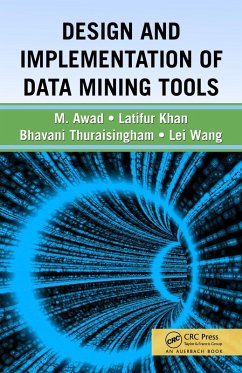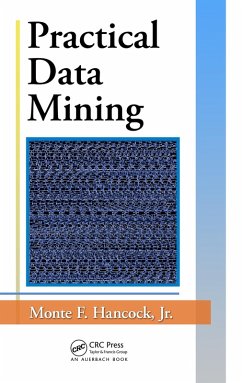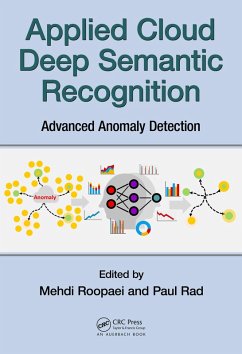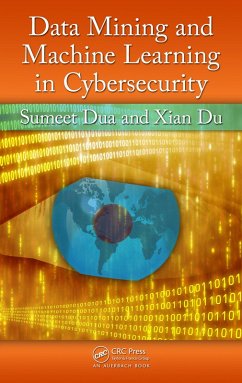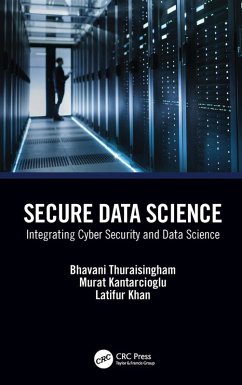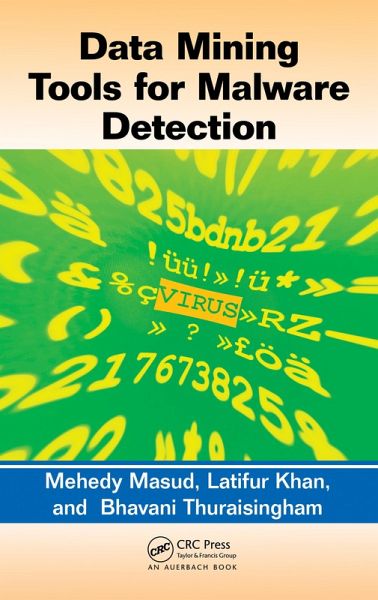
Data Mining Tools for Malware Detection (eBook, PDF)
Versandkostenfrei!
Sofort per Download lieferbar
129,95 €
inkl. MwSt.
Weitere Ausgaben:

PAYBACK Punkte
65 °P sammeln!
Although the use of data mining for security and malware detection is quickly on the rise, most books on the subject provide high-level theoretical discussions to the near exclusion of the practical aspects. Breaking the mold, Data Mining Tools for Malware Detection provides a step-by-step breakdown of how to develop data mining tools for malware detection. Integrating theory with practical techniques and experimental results, it focuses on malware detection applications for email worms, malicious code, remote exploits, and botnets.The authors describe the systems they have designed and develo...
Although the use of data mining for security and malware detection is quickly on the rise, most books on the subject provide high-level theoretical discussions to the near exclusion of the practical aspects. Breaking the mold, Data Mining Tools for Malware Detection provides a step-by-step breakdown of how to develop data mining tools for malware detection. Integrating theory with practical techniques and experimental results, it focuses on malware detection applications for email worms, malicious code, remote exploits, and botnets.
The authors describe the systems they have designed and developed: email worm detection using data mining, a scalable multi-level feature extraction technique to detect malicious executables, detecting remote exploits using data mining, and flow-based identification of botnet traffic by mining multiple log files. For each of these tools, they detail the system architecture, algorithms, performance results, and limitations.
From algorithms to experimental results, this is one of the few books that will be equally valuable to those in industry, government, and academia. It will help technologists decide which tools to select for specific applications, managers will learn how to determine whether or not to proceed with a data mining project, and developers will find innovative alternative designs for a range of applications.
The authors describe the systems they have designed and developed: email worm detection using data mining, a scalable multi-level feature extraction technique to detect malicious executables, detecting remote exploits using data mining, and flow-based identification of botnet traffic by mining multiple log files. For each of these tools, they detail the system architecture, algorithms, performance results, and limitations.
- Discusses data mining for emerging applications, including adaptable malware detection, insider threat detection, firewall policy analysis, and real-time data mining
- Includes four appendices that provide a firm foundation in data management, secure systems, and the semantic web
- Describes the authors' tools for stream data mining
From algorithms to experimental results, this is one of the few books that will be equally valuable to those in industry, government, and academia. It will help technologists decide which tools to select for specific applications, managers will learn how to determine whether or not to proceed with a data mining project, and developers will find innovative alternative designs for a range of applications.
Dieser Download kann aus rechtlichen Gründen nur mit Rechnungsadresse in A, B, BG, CY, CZ, D, DK, EW, E, FIN, F, GR, HR, H, IRL, I, LT, L, LR, M, NL, PL, P, R, S, SLO, SK ausgeliefert werden.




